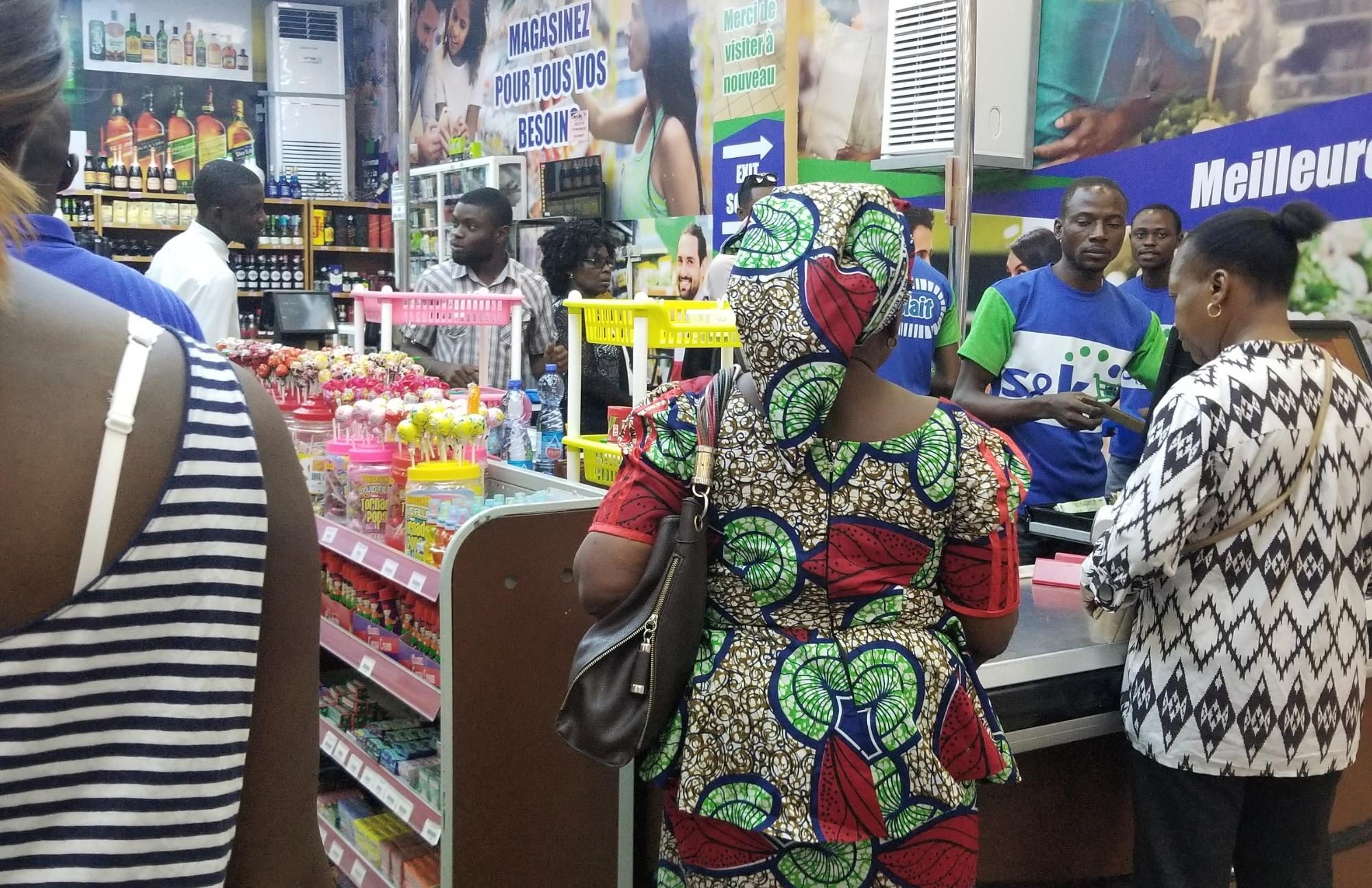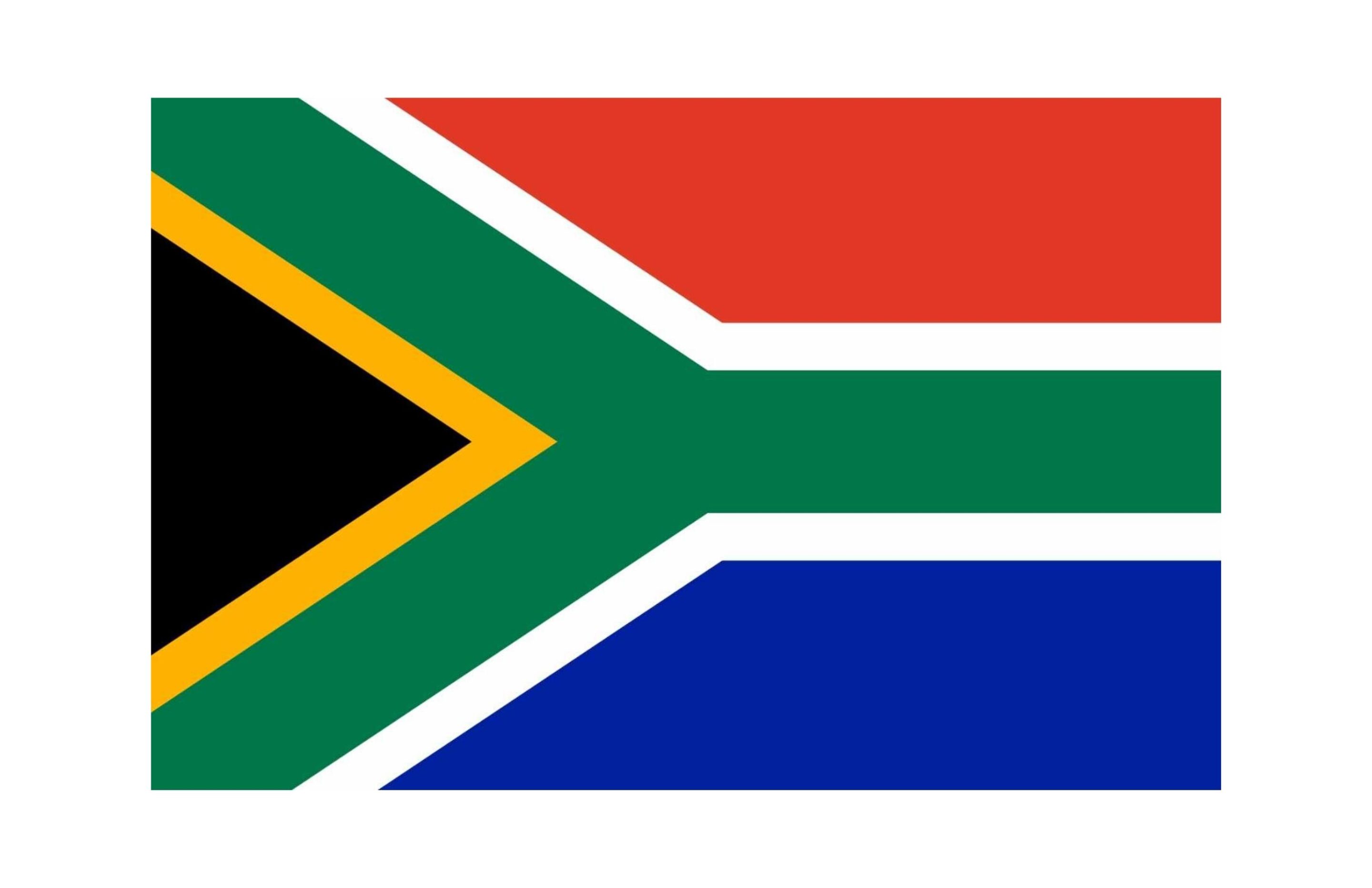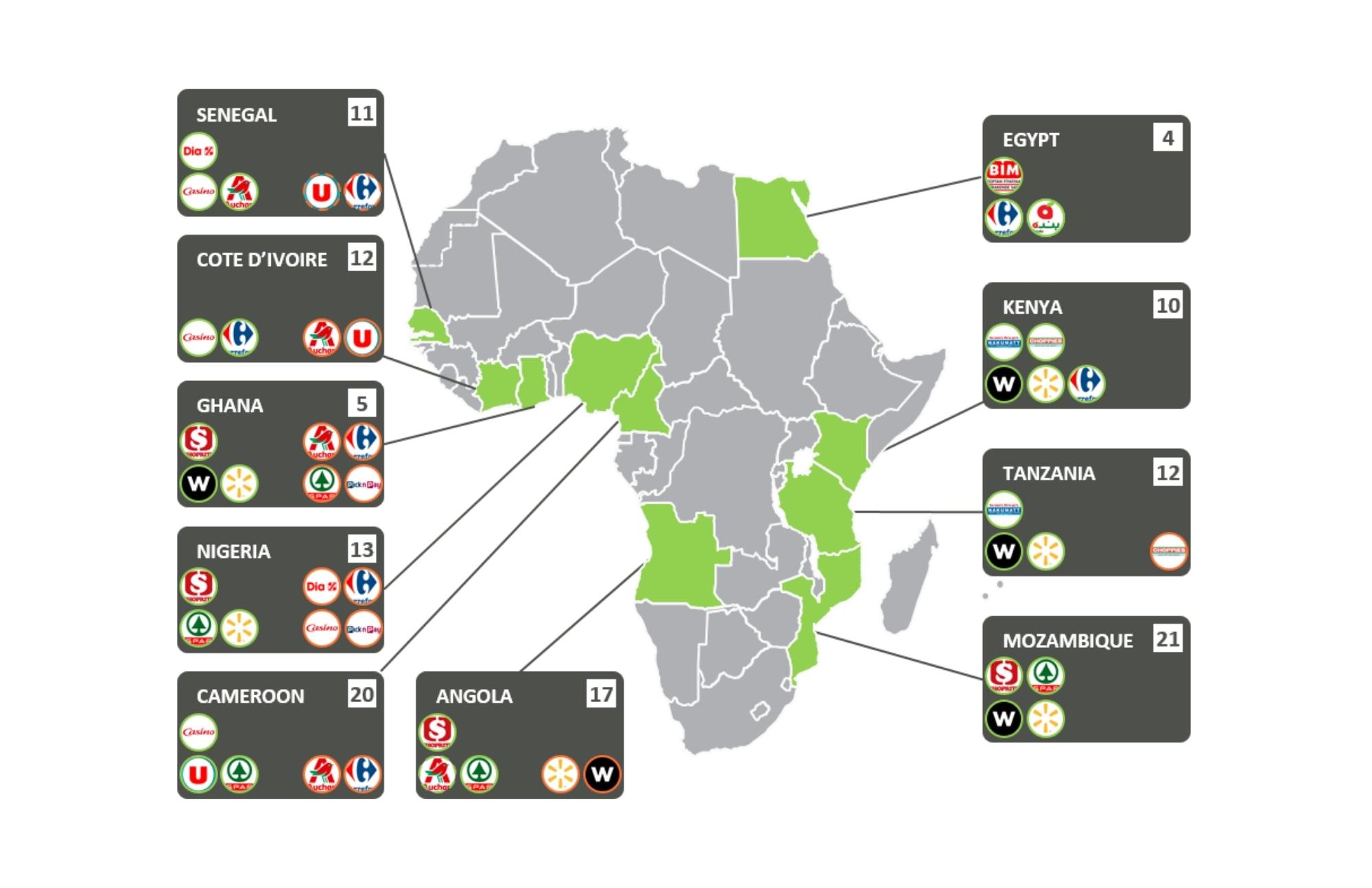First of all, Twiga Foods, which finds itself being threatened with insolvency by digital services provider Incentro Africa. The debt is nearly $262k. For its part, Twiga considers the move a bad faith attempt to exert pressure while the debt is under dispute.
But it’s still embarrassing for Twiga to have to publically reassure everyone it’s still solvent and trading normally. In the context of ecommerce platforms under pressure and making redundancies and the recent history of Kenyan supermarket chains running up debts ahead of collapsing it’s not guaranteed everyone will believe them, whatever the truth.
The second retailer in the spotlight is Carrefour Kenya, which is owned by Dubai-based Majid Al Futtaim. Robert Alai, an activist blogger with 1.9m followers on Twitter, has leaked some payroll data from the supermarket chain. Alai’s anger is that Carrefour Kenya’s management tier is made up of better paid non-Kenyans while Kenyan workers do lower level jobs and get paid less.
It should blow over. The Kenyan government is not likely to pick a fight with one of Dubai’s largest companies. But the point is that the Kenyan economy is under pressure. That makes it an easy target for a nationalist narrative of neocolonialist foreign companies coming in and taking Kenyans for a ride.
That narrative has raised its head in Senegal and Cameroon recently, aimed at French supermarket chains like Auchan and Carrefour (operated by CFAO in francophone West Africa). Auchan has been targeted more than once during political unrest in Dakar, leading the retailer to warn that its tolerance for having its supermarkets trashed would wear out.
The wider point is that economic duress in Kenya will make knee jerk anger at foreign companies more likely. All of Kenya’s leading supermarket chains, Naivas, Carrefour, Chandarana and Quickmart are either owned by foreign businesses or ethnic Indian Kenyans. Similarly, the distribution sector is mostly run by non-indigenous owned businesses.
To nationalists it’s a visible reminder that Kenyans are not wholly in control of their own destiny, which is why economic nationalism tends to wrapped up in a wider sentiment of dissatisfaction with government. We would emphasise that in the normal run of things it’s not a big deal who owns retailers and what they pay, hardline nationalist narratives aren’t the norm in Kenya. But we live, as they say, in interesting times and the longer inflation rates run wild the more risk is injected into otherwise stable, bankable economies.










